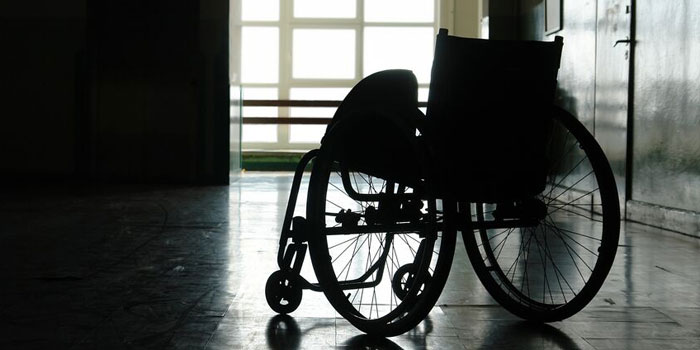Disability rights organizations are praising the United Nations (UN) Office of Human Rights for speaking out against disability-based euthanasia. Three UN experts issued a joint statement this week in response to numerous nations’ decision to allow physician-assisted suicide for people with disabilities, including people with old age.
The experts, Gerard Quinn, Olivier De Schutter, and Claudia Mahler, expressed concern about this deadly trend and said it should be brought to an end. “We all accept that it could never be a well-reasoned decision for a person belonging to any other protected group — be it a racial minority, gender or sexual minorities — to end their lives because they experience suffering on account of their status,” read the statement. “Disability should never be a ground or justification to end someone’s life directly or indirectly.”
The experts point out that legislation permitting euthanasia based on disabilities encourages ableism, and violates Article 10 of the UN Convention on the Rights of Persons with Disabilities, which “requires States to ensure that persons with disabilities can effectively enjoy their inherent right to life on an equal basis with others.” Many people with disabilities do not receive equal treatment around the world, as one UN advocate recently discovered.
Catalina Devandas Aguilar, a lawyer from Costa Rica and the United Nations’ first Rapporteur on the Rights of Persons with Disabilities, spent a week in Canada investigating whether people with disabilities in the country are given the care and support they need. Devandas Aguilar discovered numerous cases of individuals who were pressured into euthanasia or placement in nursing homes, as well as a court system that does not reinforce their rights.
“Persons with disabilities have to initiate very lengthy and onerous legal procedures to get their rights recognized,” she told CTV.
READ: Belgian Paralympian undergoes assisted suicide at 40, though she wasn’t dying
In a separate statement, Devandas Aguilar said: “[D]uring my visit I have noticed that discussions about the rights of persons with disabilities are still framed in terms of social assistance, rather than from a human rights-based approach. … I have also noted significant disparities in the areas of accessibility and access to education, health, administration of justice, and social protection depending on where a person with disabilities lives in Canada.”
Similar concerns were echoed in the statement released by the Office of Human Rights this week.
“The proportion of people with disabilities living in poverty is significantly higher, and in some countries double, than that of people without disabilities,” the statement read. “People with disabilities condemned to live in poverty due to the lack of adequate social protection can decide to end their lives as a gesture of despair. Set against the legacy of accumulated disadvantages their ‘architecture of choice’ could hardly be said to be unproblematic.”
Diane Coleman, president of the disability rights organization Not Dead Yet, praised the statement from the UN experts. She noted that every major American disability rights group opposes assisted suicide laws, which are all too frequently passed despite pleas from people with disabilities to recognize the danger of such legislation. In a statement to the Catholic News Agency, Coleman applauded the UN experts for airing these concerns.
“As the statement says, ‘Disability should never be a ground or justification to end someone’s life directly or indirectly,’” she said. “And we strongly agree.”
“Like” Live Action News on Facebook for more pro-life news and commentary!







